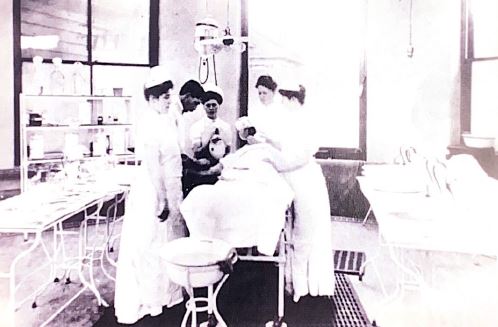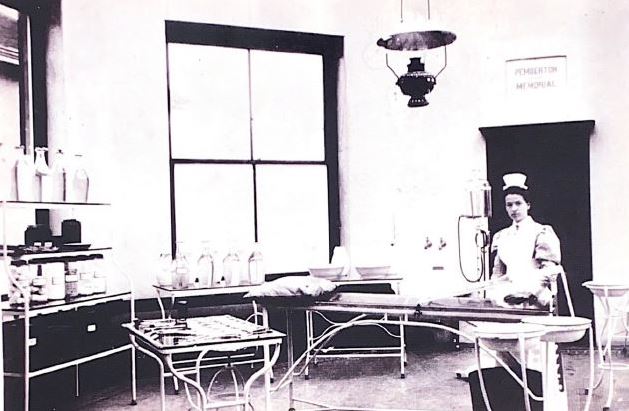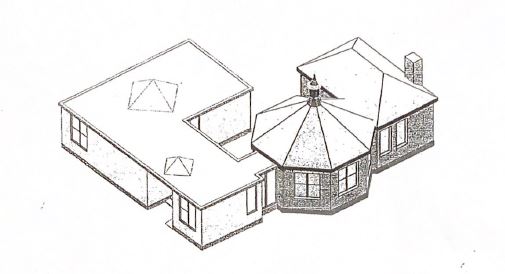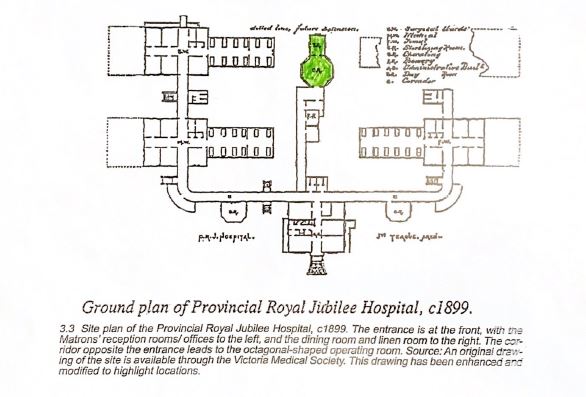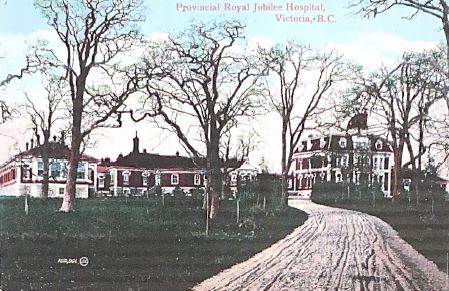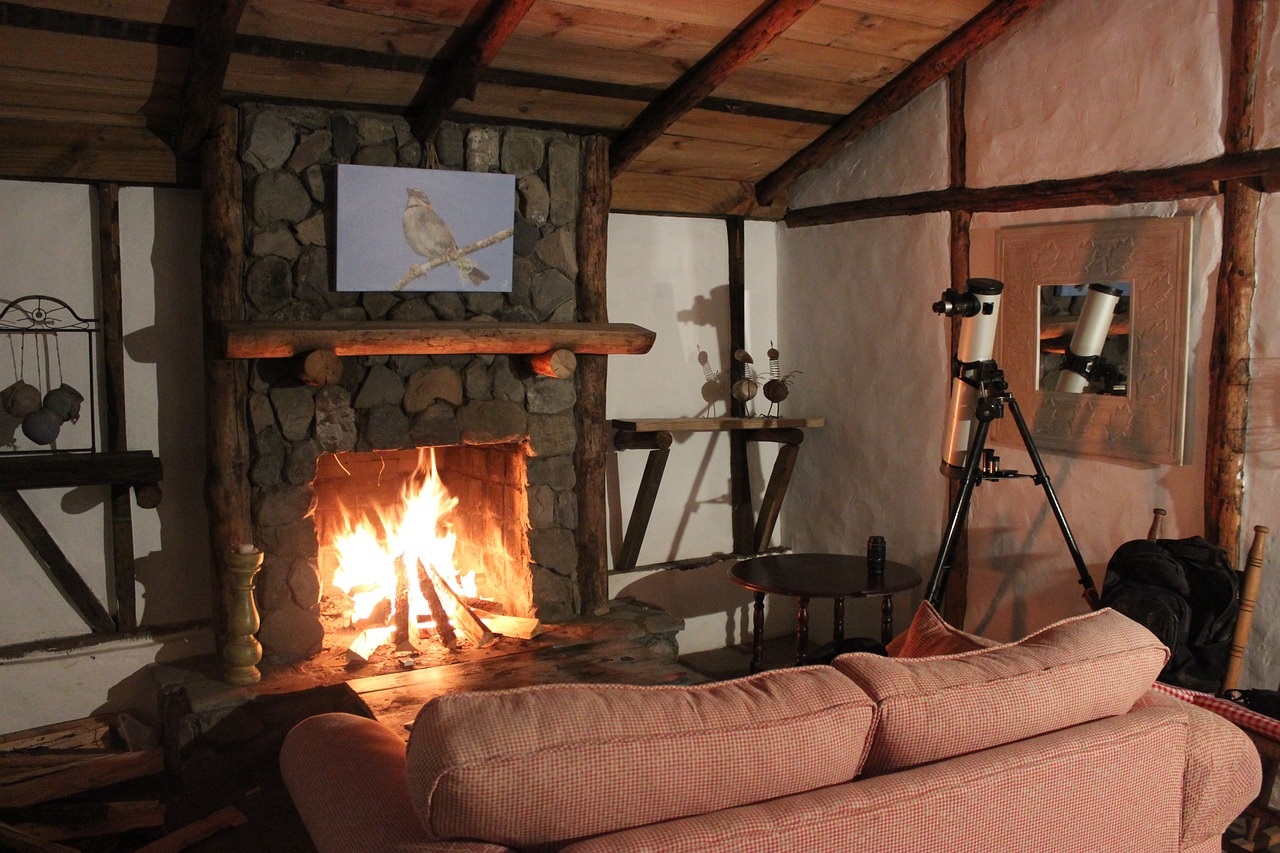I think we can all agree that, given the choice, we would definitely prefer to have an operation done in 2022 as opposed to 1822. But is that fear warranted, or are we misunderstanding the medical processes of the past? Well, considering the statistics, we would say those fears are absolutely reasonable. For most of the nineteenth century, surgeries had a mortality rate of nearly fifty percent due to unknown complications. Yes, you read that right. Surgery, which was understandably considered a last resort, was essentially a coin toss on one’s life. Yikes!
But what exactly does this have to do with Victoria, our local Royal Jubilee Hospital, and the Pemberton family, you ask? Well, if we take a look at the timeline of the medical advances here in Victoria we can see how new methods were implemented to address this high mortality rate and how the Pembertons contributed to that endeavor.
First off, an important name to mention is Joseph Lister (1827-1912), an Edinburgh surgeon. Lister took in the ideas of Louis Pasteur from France on airborne germs and created the Principles of Antisepsis. The introduction of this clean aseptic operating method drastically reduced mortality rates following surgery to fewer than 10 percent!
Before the late 1800’s, the Royal Jubilee Hospital contained an operating room within the surgery ward that had no special equipment and little concern for sanitation. Now this is where the Pembertons come in. In 1894, F.B. Pemberton informed the hospital board of directors that his late father Joseph Despard Pemberton had left a legacy of $2000 to the hospital. Following this, Mrs. Teresa Jane Pemberton, J.D. Pemberton’s widow, pledged an additional $1500 “…to the erection of anything that would be the benefit to our hospital and a complete and lasting memorial.”
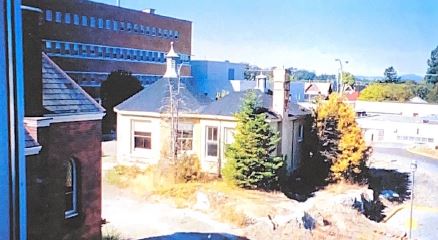
And so, it was with the combined donation that the hospital was able to implement Lister’s new methods via the creation of a free-standing operating room with an attached sterilizing room, as seen in the photos above. The building, completed in 1896, was not only the first of its kind west of Winnipeg, but was also visited by Lister in 1897, a trip during which he gave the operating theatre his (antiseptic) approval!
The building, designated a national historic site in 2007, is currently in the process of renovations.
